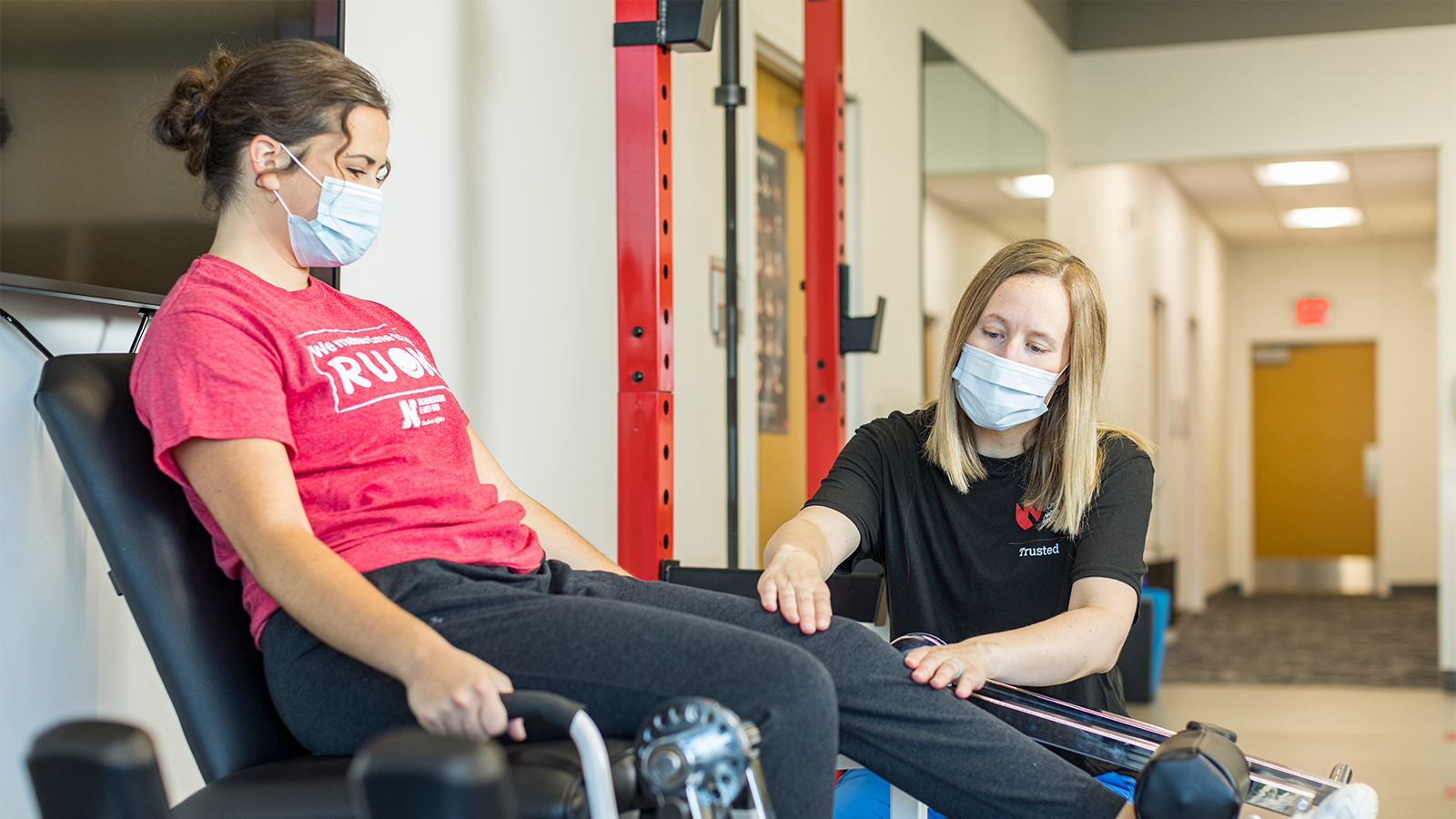Enabling Patients Through Psychological Support in Cardiovascular Rehabilitation Initiatives.
Wiki Article
Cardiopulmonary rehab initiatives are created to help patients with cardiac and lung issues enhance their health and standard of life. These initiatives often include physical activity, education about cardiac and lung well-being, and assistance for implementing lifestyle changes. Nonetheless, one important aspect that is occasionally overlooked is the importance of emotional support. Psychosocial support refers to the emotional and community help that individuals receive during their rehabilitation process. This assistance can strengthen patients, enhance their confidence, and assist them navigate the challenges that come with chronic medical conditions.

Individuals in cardiac and pulmonary rehab often face various emotional and emotional challenges. Feelings of nervousness, sadness, and isolation can be prevalent. These emotions may stem from the stress of dealing with a significant health issue or the concern of future health issues. Psychosocial assistance can aid address these feelings by offering patients with a safe environment to talk about their concerns and bond with peers who understand what they are experiencing through. Group therapy meetings and one-on-one therapy can be effective ways to promote this support. By engaging with experts and peers, individuals can learn adaptation strategies and discover encouragement from peers who have More from the author similar experiences.
Integrating psychosocial assistance into cardiopulmonary rehab initiatives can lead to better medical outcomes for individuals. Studies indicate that when individuals receive emotional support, they are more apt to stick to their recovery plans, follow to medication, and implement necessary lifestyle choices changes. This involvement can lead to improved health health, lessened hospitalizations, and an entire better standard of life. Assistance groups can foster inspiration and accountability, assisting patients remain committed to their rehabilitation goals. This cooperative approach emphasizes the importance of considering both physical and psychological health in the recovery process.
Teachers and medical professionals play a crucial role in providing psychosocial support within these programs. They can assist individuals comprehend the significance of emotional health in their recovery journey. By creating an atmosphere of empathy and understanding, healthcare professionals can promote open dialogue about emotions and worries. Educating personnel in interpersonal techniques and psychosocial support techniques can enhance the overall patient journey. Moreover, incorporating instruction about anxiety reduction, relaxation techniques, and healthy coping strategies can empower individuals to assume an proactive part in their mental health.
In conclusion, empowering patients through psychosocial support in cardiac and pulmonary rehab programs is essential for promoting holistic rehabilitation. By acknowledging the psychological and community dimensions of healing, healthcare providers can create a more nurturing atmosphere that meets the needs of the whole person. Individuals who receive this comprehensive treatment are more likely to achieve their well-being objectives and enhance their total quality of living. The inclusion of find out here now emotional assistance into rehabilitation programs not only enhances the patient journey but also leads to better long-term medical results.